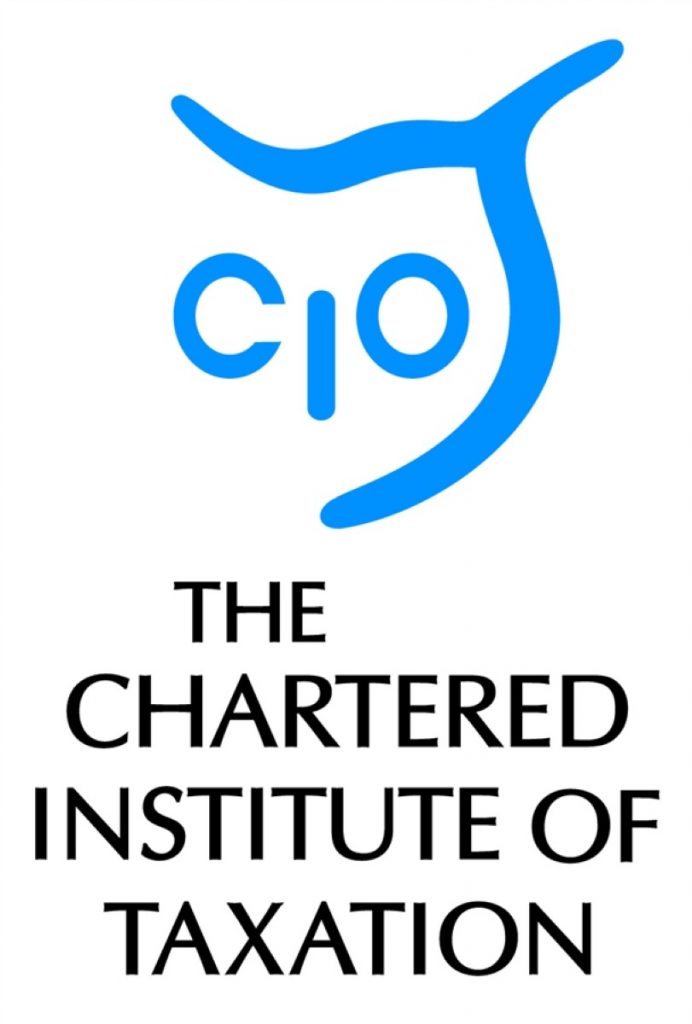CIOT believes the cash basis proposals are still too complex
Tax experts from the CIOT have expressed their disappointment over the latest proposals for the new cash basis for small businesses.
Commenting, Andrew Gotch chairman of the CIOT’s Owner Managed Business technical sub-committee said:
“Describing this legislation as ‘Simpler Income Tax for the Simplest Businesses’, is misleading: the latest proposals are anything but simple. Far more changes need to be made in a short period of time to ensure this new regime is intelligible to and workable for small businesses.
“As drafted, the proposals permit small businesses to move in and out of the cash basis each year, yet provide restrictive rules on losses and interest relief. A wide range of technical tax adjustments will still have to be made. The result of this will be a need to make detailed calculations every year to make sure you do not lose out. No unrepresented person will be able to cope adequately with such computations, which means incurring costs for advice to get a fair result. That is a further burden on small business and one that would be unnecessary in a properly designed simple system.
“HM Revenue and Customs’ (HMRC) radical revisions to the Office of Tax Simplification’s proposals have resulted in additional rules that make the system far more complex than necessary and inherently unattractive as a package to small businesses at a vulnerable stage in their development.
“We note that the Government has now partially addressed the problem for businesses with turnover over £77,000 where the business owner has to use the cash basis for Universal Credit, which will potentially mean such businesses only have to prepare two sets of accounts – one for direct tax and Universal Credit and one for VAT purposes, instead of three sets. But reducing an additional burden from triple to double does not look like a good deal for small business.”
Andrew Gotch added:
“The CIOT has suggested a rethink to prevent the new regime being seen as anti-business. We note that HMRC have already indicated a willingness to consult further and hope the Government will challenge HMRC to grasp this opportunity to make life truly simpler for smaller businesses and make real and significant changes to the proposals. Missing this opportunity for genuine simplification would be a real loss for the UK’s small businesses.”
Notes to editors
1. The CIOT’s response to the original consultation, including further recommendations, can be read at: http://www.tax.org.uk/tax-policy/public-submissions/2012/Simple_IT_concerns_CIOT
2. The Chartered Institute of Taxation (CIOT) is the leading professional body in the United Kingdom concerned solely with taxation. The CIOT is an educational charity, promoting education and study of the administration and practice of taxation. One of our key aims is to work for a better, more efficient, tax system for all affected by it – taxpayers, their advisers and the authorities The CIOT’s work covers all aspects of taxation, including direct and indirect taxes and duties. Through our Low Incomes Tax Reform Group (LITRG), the CIOT has a particular focus on improving the tax system, including tax credits and benefits, for the unrepresented taxpayer.
The CIOT draws on our members’ experience in private practice, commerce and industry, government and academia to improve tax administration and propose and explain how tax policy objectives can most effectively be achieved. We also link to, and draw on, similar leading professional tax bodies in other countries. The CIOT’s comments and recommendations on tax issues are made in line with our charitable objectives: we are politically neutral in our work.
The CIOT’s 16,500 members have the practising title of ‘Chartered Tax Adviser’ and the designatory letters ‘CTA’, to represent the leading tax qualification.
– ENDS –
George Crozier
External Relations Manager





-01.png)